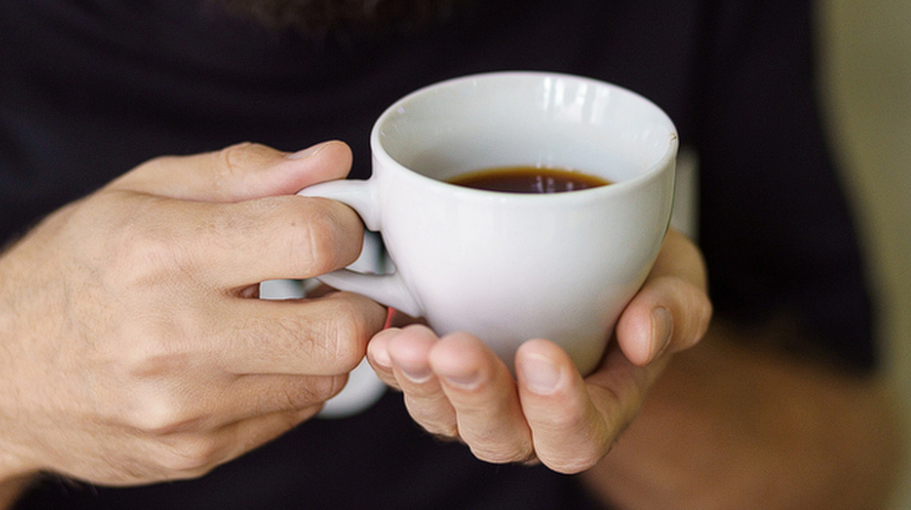Do you enjoy a cup of coffee right after lunch or dinner?
Others are reading now
Do you enjoy a cup of coffee right after lunch or dinner?
While it may seem like a delightful habit for an energy boost, it’s important to consider its potential impact on your health, particularly concerning iron absorption.
Many enjoy a cup of coffee after lunch, but if you’re struggling with low iron levels, it’s time to rethink this routine.
It’s a lesser-known fact that drinking coffee or black tea immediately after a meal, especially one that includes iron-rich foods like meat or fish, can significantly reduce the body’s ability to absorb iron.
Also read
“Caffeine in coffee and the tannins in black tea can decrease iron absorption. They interfere with the uptake of iron from meat or fish,” explains Ana Rita Lemos, a physiologist at Hospital Lusíadas Lisboa.
Beatriz Vieira, another physiologist at Hospital Lusíadas Amadora, points out that “caffeine found in coffee and certain soft drinks acts as an inhibitor of iron absorption. Thus, regularly consuming coffee after meals can impact the absorption of this crucial nutrient.”
No More Post-Meal Coffee?
Does this mean you should entirely skip your post-meal coffee? Not necessarily.
Hematologist Cristina João advises that it’s excessive consumption that could hinder iron absorption. Moderation is key to avoiding adverse effects.
For those without iron absorption issues, there’s no need to change your habits. But individuals with anemia should consider their coffee and black tea intake more carefully.
Hematologists recommend that anemic individuals focus on securing sufficient iron, possibly through supplements, to counteract any potential interference from coffee.
Lopes suggests waiting one to two hours after eating meat or fish before drinking coffee or black tea. But João, a hematologist at Fundação Champalimaud, believes strict timing isn’t necessary if consumption is balanced.

